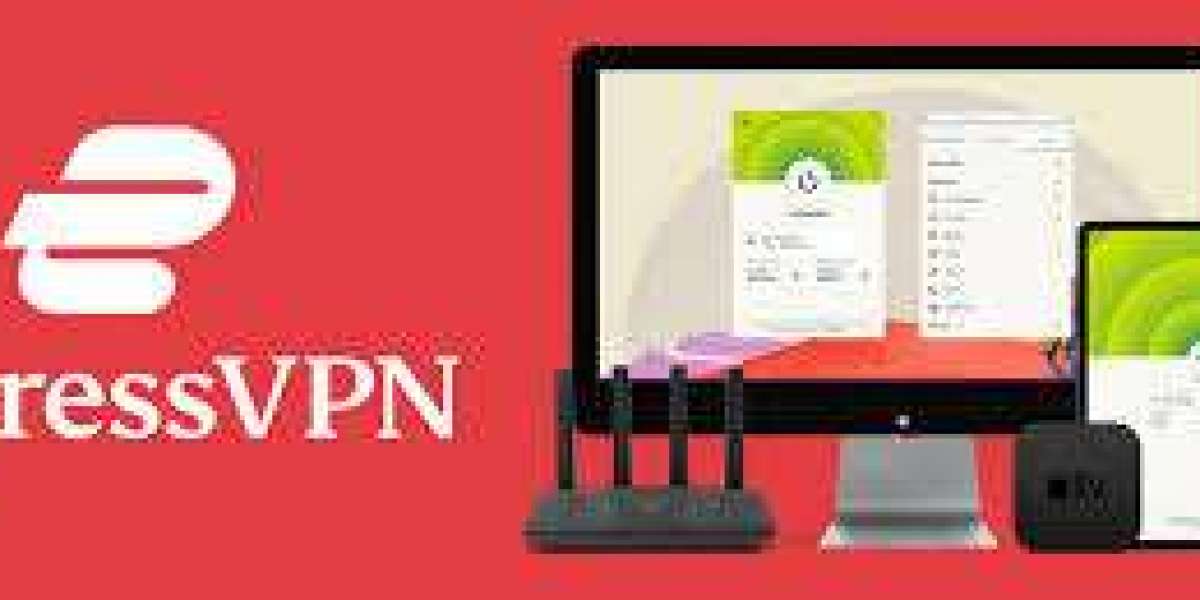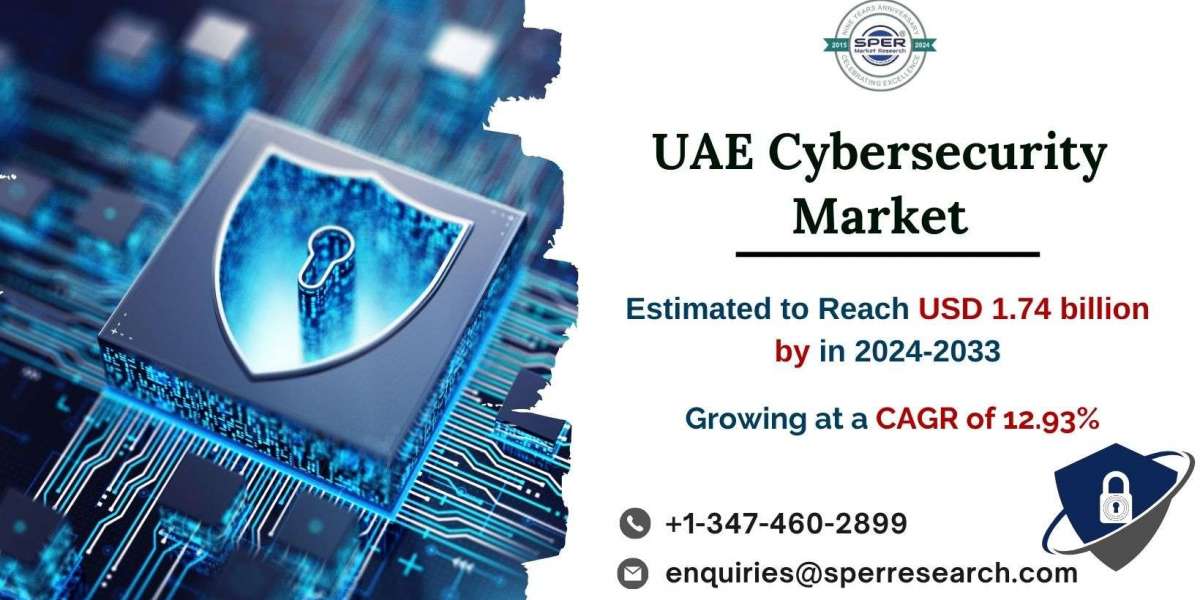What Is the Best VPN for Home Security?
In a world where smart devices are taking over our homes, online security has become more critical than ever. From streaming on your smart TV to controlling your thermostat remotely, everything is connected to the internet—and that includes potential threats. Enter the unsung hero of cybersecurity: VPNs (Virtual Private Networks). But which one is the best for home security, and why should you even bother? Let’s unravel the mystery and help you safeguard your digital haven.
Why Do You Need a VPN for Home Security?
Think of your home Wi-Fi as the front door to your digital life. Without proper protection, it’s an open invitation for hackers, snoops, and cyber-criminals to waltz in. A VPN acts like a state-of-the-art lock, encrypting your data and hiding your IP address to keep your online activities safe from prying eyes.
Key reasons to use a VPN for home security include:
- Data Encryption: Protect sensitive information like passwords and banking details from being intercepted.
- Device Protection: Secure all devices connected to your network, from smartphones to smart fridges.
- Privacy from ISPs: Prevent your Internet Service Provider from monitoring and selling your browsing data.
In short, a VPN ensures that what happens on your Wi-Fi stays on your Wi-Fi.
How Do VPNs Enhance Smart Home Security?
With the rise of IoT (Internet of Things) devices, home networks are more vulnerable than ever. VPNs provide an extra layer of security by encrypting data transmissions and preventing unauthorized access.
| Benefit | How It Protects Your Smart Home | Examples of VPNs |
|---|---|---|
| Encryption | Scrambles data to make it unreadable | NordVPN, ExpressVPN |
| IP Masking | Hides your IP to prevent tracking | Surfshark |
| Remote Access | Securely control devices while away | CyberGhost |
By routing all traffic through secure servers, VPNs create a protective bubble around your smart home ecosystem.
What Features Make a VPN Ideal for Home Security?
Not all VPNs are created equal, and some are better suited for home security than others. Here are the must-have features to look for:
- AES-256 Encryption: The gold standard in cybersecurity.
- Kill Switch: Automatically disconnects your internet if the VPN drops, preventing data leaks.
- Router Compatibility: Protects all devices on your network by setting up the VPN directly on your router.
- No-Logs Policy: Ensures your activities aren’t recorded or sold.
- Multi-Device Support: Covers all your gadgets under one subscription.
VPNs like ExpressVPN and NordVPN check all these boxes, making them top contenders for home security.
Top VPNs for Home Security
Let’s dive into the best options on the market. These VPNs offer a blend of robust security, user-friendliness, and excellent performance.
NordVPN
- Key Features: Double VPN for extra encryption, Threat Protection against malware.
- Price: Starts at $3.99/month.
- Best For: Families with multiple smart devices.
ExpressVPN
- Key Features: TrustedServer technology ensures no data is stored on physical servers.
- Price: Starts at $8.32/month.
- Best For: High-speed streaming and security.
Surfshark
- Key Features: Unlimited devices, CleanWeb for ad-blocking.
- Price: Starts at $2.49/month.
- Best For: Budget-conscious users.
CyberGhost
- Key Features: Dedicated servers for streaming and gaming, extensive global network.
- Price: Starts at $2.11/month.
- Best For: Easy setup and diverse server locations.
What Are the Risks of Not Using a VPN?
Skipping a VPN is like leaving your doors unlocked in a sketchy neighborhood. Here’s what you’re exposing yourself to:
- Data Breaches: Hackers can intercept sensitive information.
- Device Hijacking: Unprotected IoT devices are vulnerable to being taken over.
- Privacy Violations: ISPs and third-party advertisers track your every move.
Without a VPN, you’re essentially rolling out the red carpet for cyber threats.
Common Questions About Home Security VPNs
What’s the easiest way to set up a VPN for my smart home?
- Install the VPN on your router to cover all connected devices.
Do VPNs slow down my internet?
- Quality VPNs like ExpressVPN minimize speed drops with optimized servers.
Can a VPN protect against malware?
- While not a replacement for antivirus software, some VPNs (like NordVPN) include malware protection.
How much does a reliable VPN cost?
- Prices range from $2 to $10 per month, depending on the provider and features.
Are free VPNs good for home security?
- Free VPNs often lack advanced security features and may sell user data. Stick to reputable paid options.
Can I use one VPN account for multiple devices?
- Yes! Providers like Surfshark allow unlimited simultaneous connections.
The Final Word
Investing in the best VPN for home security is a no-brainer in today’s connected world. Whether you’re streaming your favorite shows or controlling your home’s smart lights, a robust VPN ensures your activities remain private and secure. With options like NordVPN and Surfshark, you can enjoy top-tier protection without breaking the bank. So, why leave your digital front door wide open? Lock it up with a reliable VPN and sleep easier knowing your home is safe—both online and offline!








